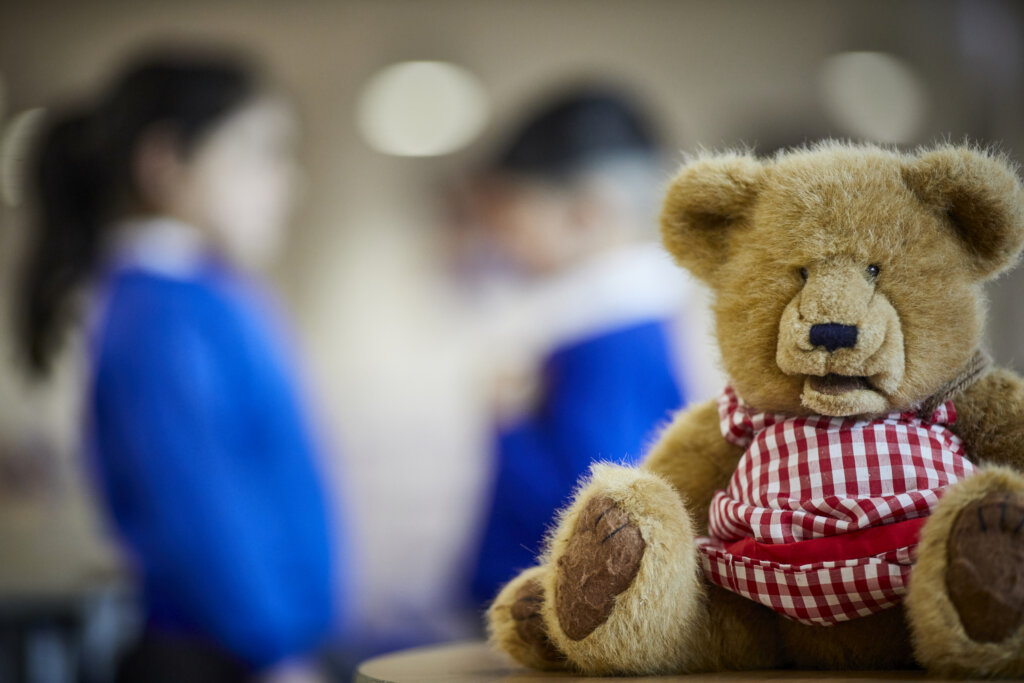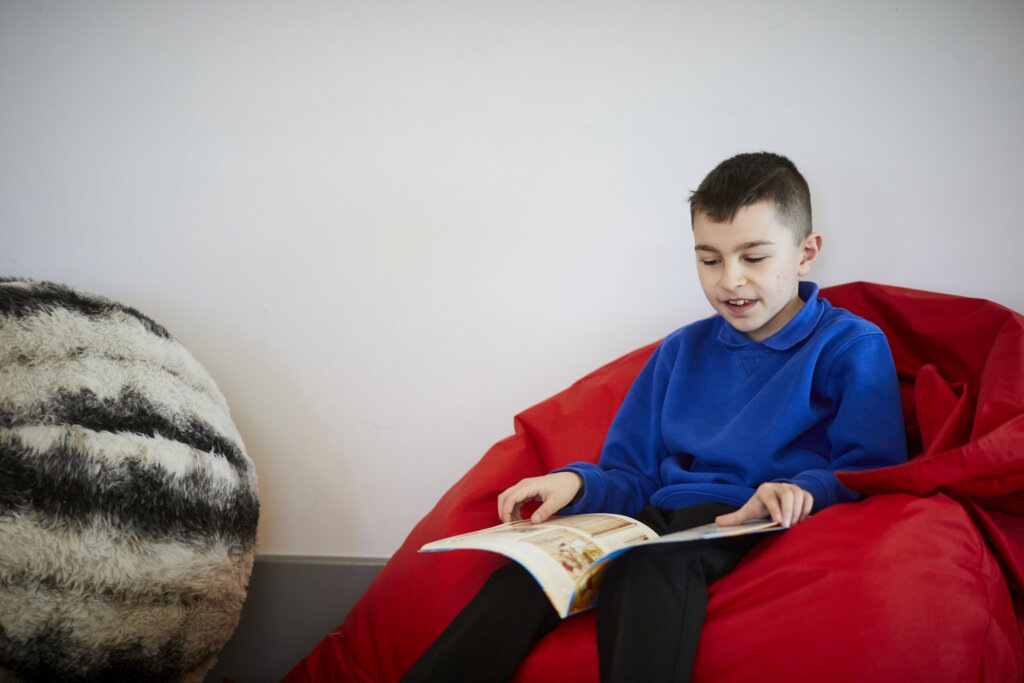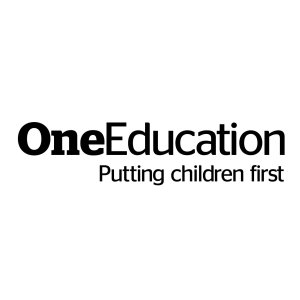A blog written by Dr Sally Eccleston
Yoga is a scientific system of physical and mental practices that originated in India, more than three thousand years ago. Its purpose is to help each one of us achieve our highest potential and to experience enduring health and happiness.
Many children have additional sensory processing / integration needs which impact on their ability to concentrate, engage in activities and relationships and their emotional well-being. We recognise that a child’s physiological and emotional readiness to learn is fundamental in all areas of their development.
Therapeutic yoga provides a sensory diet bringing the child’s nervous system into homeostasis through movement, massage, mindfulness and breathing techniques which can be adapted and used for children with Cerebral Palsy, Down Syndrome, learning difficulties, ASD, ADHD and anxiety driven behaviours. Through these practises children will become calmer, more organised, experiencing more self-regulation, functionality and self-esteem.
Mindfulness is a whole body-mind state of awareness that involves ‘tuning in’ to the present moment, with openness and curiosity, instead of ‘tuning out’ from experience. Mindfulness is a state of being fully awake to life – being aware and undistracted in the present moment. It is about focusing attention on the present, rather than thinking about the past or worrying about the future- which is often our brain’s default mode. Mindfulness-based interventions empower individuals to develop self-management strategies to regulate their challenging behaviors.
Goals and hopes for outcomes of therapeutic yoga and mindfulness
- Increase in physical strength, balance, and flexibility
- Increase in attention and concentration, and reduction in hyperactivity
- Reduction in the number of incidents of challenging behavior – evidence shows that yoga and mindfulness can lead to a significant reduction in behavioral problems. This includes withdrawn behaviors, attention issues, and maladaptive behaviors such as irritability, lethargy, hyperactivity, and noncompliance
- Progress in fine and gross motor skills, motor control and motor planning – yoga allows young people to build strength and endurance by using their own body, build muscle tone, trunk stability and core strength and increase body awareness
- Increase in physical and emotional self-awareness and self-regulation
- Being able to establish calm, organised mental states
- Developing the ability to relax, to release tension, and reduce fear, frustration and stress
- Enriching the quality and quantity of sleep
- Research shows that mindfulness training increases connectivity in the frontal lobe of the brain, which is linked to improved attention, memory processing and decision making abilities. * Mindfulness training involves tuning in to internal and external experiences with curiosity resulting in increased self-awareness, social awareness, and self-confidence. * Mindfulness training increases children’s ability to self-regulate their emotions, especially difficult emotions such as fear and anger, through breathing and other grounding techniques.
- Mindfulness has been shown to improve empathy or the ability to understand what another person is thinking or feeling, which improves children’s awareness of others and helps them to build positive relationships.
Information for schools/settings
Timing: 30-60 minutes per session
Venue: A quiet and spacious venue in school with as few distracting stimuli as possible would be ideal; a chill out room or sensory room would be perfect. A hall can also be used as long as the space will not be disturbed during the session
Additional adult support: We recommend that an additional adult is present during the sessions in order to co-facilitate the session. The additional adult does not need to have prior experience in yoga and mindfulness but it does help if they are interested in this area. This would serve as an excellent CPD opportunity for a member of staff in school.
Target audience: Primarily this is an intervention for children with additional needs. It is best to discuss the options for children taking part with us.
Age range: Any child from aged 4 and up can access this intervention
Group size: Therapeutic yoga and mindfulness can be offered on a one-to-one basis with a child or as part of a small group. We would recommend 6 children maximum participating in the session.
Frequency: We recommend that the sessions take place weekly, although other options can be discussed.
Duration: We recommend that the programme runs for 10 weeks in order for the children and young people to fully access the benefits of the intervention, although other options can be discussed
Measuring impact: There are pre and post-intervention questionnaires available, with information taken from teaching staff, parents and young people. We can also discuss an agreed evaluation of impact once the participants and focus of the group are understood in greater depth.
This is a bespoke therapeutic intervention, and as such is offered flexibly and creatively. If there are any details of the intervention which you wish to discuss further then please do contact us.
ABOUT THE AUTHOR Dr. Sally Eccleston – Educational Psychologist Completed Special Yoga for Special Children training in 2017 and Teaching Yoga and Mindfulness to Children and Young People training in 2018.
Please get in touch or visit our educational psychology page for more information.
















